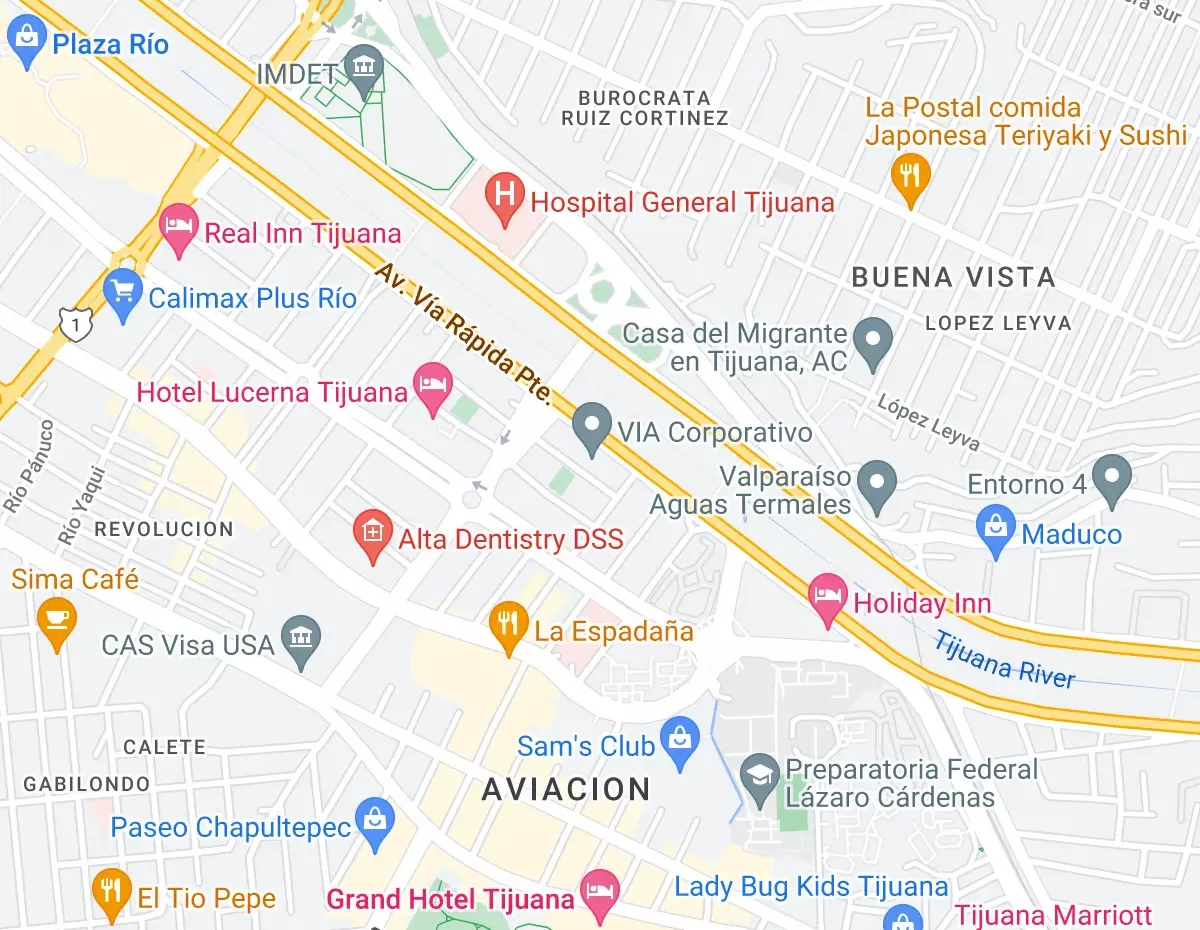You've likely heard about traditional methods of addiction treatment, but have you considered Ibogaine? This psychoactive substance, derived from a West African shrub, has significantly contributed to the field. Its remarkable ability to both alleviate withdrawal symptoms and enhance personal introspection could fundamentally change our approach to addiction treatment. Join us as we dive deeper into the transformative role of Ibogaine in overcoming addiction.
Key Takeaways
- Ibogaine is a psychoactive substance used innovatively in addiction treatment, primarily affecting the opioid system and reducing drug cravings.
- The substance's holistic approach offers insights into addiction patterns and the potential resetting of drug-tolerant brain pathways.
- There are considerations associated with ibogaine treatment, including cardiac and neurological observations.
- Successful ibogaine treatments have supported recovery from substance addictions, such as heroin and alcohol, with each journey being unique.
- The future of ibogaine in addiction medicine depends on regulatory frameworks, sustainable sourcing, increased research, and integration into mainstream medicine.
Understanding Ibogaine
Diving into the world of addiction treatment introduces us to ibogaine, a naturally occurring psychoactive substance with a notable potential in combating substance dependence. Extracted from the Tabernanthe iboga plant native to Central West Africa, ibogaine has been utilized in spiritual and healing ceremonies for centuries.
Exploring the complex nature of its acceptance across different regions, we find that in some countries, ibogaine is unregulated or legal with certain restrictions, facilitating its use in therapeutic settings.
The historical use of ibogaine is also quite captivating. Indigenous peoples of Central West Africa have incorporated the iboga plant in rituals and rites of passage for generations, believing in its ability to purify the spirit and enhance self-understanding. This rich historical context is often mentioned when discussing its transformative properties in addiction treatment. The science behind ibogaine continues to evolve, offering fascinating insights into its therapeutic potential.
The Science Behind Ibogaine
While you've likely heard about its cultural significance, you might be curious about the science that underpins ibogaine's use in addiction treatment. Let’s delve into this intriguing topic.
Ibogaine is a naturally occurring psychoactive substance found in plants in the Apocynaceae family. West African tribes have traditionally utilized it for spiritual and healing rituals. The fascinating science of how ibogaine works involves its action on multiple neurotransmitter systems simultaneously—primarily affecting our opioid system as well as dopamine and serotonin pathways. This multifaceted approach is believed to be the reason behind its effectiveness in reducing withdrawal symptoms and cravings.
The complexities surrounding its regulatory status highlight its challenges despite its potential therapeutic benefits.
Despite these challenges, research is ongoing, and the scientific community increasingly appreciates ibogaine's potential. The journey to fully understand this complex molecule continues and the promise shown by the convergence of traditional use and modern science is an exciting prospect for the future of medical research.
Ibogaine's Role in Addiction Treatment
Let's explore how ibogaine is making waves in addiction treatment, potentially revolutionizing how we approach this complex issue. You'll find that ibogaine isn't just another substance but a game-changer in our battle against addiction.
However, it's not just about the benefits of ibogaine. With the increasing interest in this potential treatment, it's important to understand its sourcing and the complexities of its availability. The availability of ibogaine varies widely from country to country, and sourcing the substance safely and ethically poses its own set of challenges.
Consider the following aspects:
Ibogaine sourcing: It's derived from the iboga plant, which is endangered due to overharvesting.
Treatment availability: Limited by the accessibility of ibogaine in different regions.
Safety concerns: Risks involved with unregulated administration and potential effects.
Ibogaine's role in addiction treatment is a multifaceted issue, with each factor requiring careful consideration.
Potential Benefits of Ibogaine Therapy
You might wonder, what's so special about Ibogaine therapy? Well, let's get into that. In this section, you'll learn about the effectiveness of Ibogaine in treating addiction and the safety aspects of this treatment.
Ibogaine Therapy Efficacy
The potential efficacy of Ibogaine therapy in addiction treatment might surprise you, as it's been found to alleviate withdrawal symptoms and reduce drug cravings. But remember, while Ibogaine's traditional uses are rooted in spiritual and healing rituals among West African tribes, its legality varies worldwide.
Ibogaine's potential benefits include:
- Alleviating withdrawal symptoms, making detox more tolerable.
- Reducing or eliminating drug cravings, a major relapse trigger.
- Providing insights into personal addiction patterns.
- Resetting drug-tolerant brain pathways, allowing for a clean start.
- Offering a holistic approach to healing, incorporating the mind, body, and spirit.
To conclude, Ibogaine therapy might offer an innovative approach to addiction treatment, but its efficacy relies heavily on the context of its use.
Safety in Ibogaine Treatment
When considering ibogaine therapy and its potential benefits in addiction treatment, it's crucial to also take into account the safety aspects of this potent substance. Ibogaine's availability varies worldwide, impacting the accessibility of treatment. It's strictly regulated in certain regions, while it's more readily available in others. This variation can affect the safety and quality of the treatment provided. Before undergoing treatment, it is important to ensure you are under the care of qualified medical professionals who can promptly address any adverse reactions. While ibogaine shows promise, it is not a universal solution. Like any form of therapy, there are considerations involved that should be thoroughly understood before moving forward. Always prioritize your safety and cautiously approach any treatment, verifying the professionals' credentials.
Risks and Side Effects of Ibogaine
While Ibogaine may offer promising benefits in addiction treatment, it's imperative also to consider its potential risks and side effects. It's time to look at the possible health hazards, understand the risks of overdose, and consider the psychological impacts of Ibogaine. Remember, every treatment comes with its challenges, and it's important to be fully informed.
Ibogaines Potential Health Hazards
Despite its potential benefits in treating addiction, ibogaine isn't without its potential health hazards. Here's what you need to know about the risks:
- Ibogaine legality: It's not legal everywhere. This can lead to sourcing from unsafe or unreliable providers, increasing potential health risks.
- Ibogaine sourcing: Substance purity and concentration misrepresentation is a serious concern. Always make sure the source is reliable.
- Neurological effects: While not fully understood, ibogaine can cause tremors, ataxia, and hallucinations.
- Gastrointestinal issues: Nausea, vomiting, and abdominal pain are common side effects.
Psychological Impacts of Ibogaine
You've got to know that ibogaine can have profound psychological effects, ranging from beneficial insights to severe mental health crises. It's a powerful substance, and its use isn't without controversy or risk.
Despite the questions surrounding ibogaine legality, many people still seek it out for its potential benefits. Some of the psychological impacts include:
- Spiritual implications, often reported as profound insights or personal revelations
- Recurring flashbacks or hallucinations, even after the drug has worn off
- Induction of a psychosis-like state in certain individuals
- Potential exacerbation of pre-existing mental health conditions
- The risk of developing an unhealthy dependency on ibogaine itself
Future of Ibogaine in Addiction Medicine
Looking ahead, it's clear that ibogaine's role in addiction medicine is set to evolve, potentially reshaping how we address substance dependence. The aspects of ibogaine's legal standing and sourcing are crucial factors that will play an important role in this evolution.
Research Support: Policy shifts might occur as more research supports its efficacy in addiction treatment.
Sustainable Sourcing: It's derived from the iboga plant, so sustainable sourcing methods will be essential to ensure it's available for treatment.
Research Investment: As more studies spotlight ibogaine's benefits, investment in research is expected to grow.
Holistic Treatment Approach: Ibogaine doesn't just treat the physical symptoms of addiction; it also addresses the psychological aspects. This dual approach could make it a significant player in addiction medicine.
Mainstream Medicine Integration: If challenges are navigated successfully, ibogaine could become a standard part of addiction treatment protocols.
You're witnessing a potential revolution in addiction medicine, with ibogaine at its heart. It promises a future full of new possibilities and challenges that need careful consideration.
Conclusion
So, you see, ibogaine is changing the game in addiction treatment. It's not just about easing withdrawal symptoms; and it's also about tackling addiction's mental grip. Sure, it has its risks and is not yet fully embraced by mainstream medicine. But the success stories show real hope. With further research, ibogaine could well revolutionize the way we treat addiction. A new dawn in recovery could be on the horizon, brought to you by New Roots Ibogaine.




